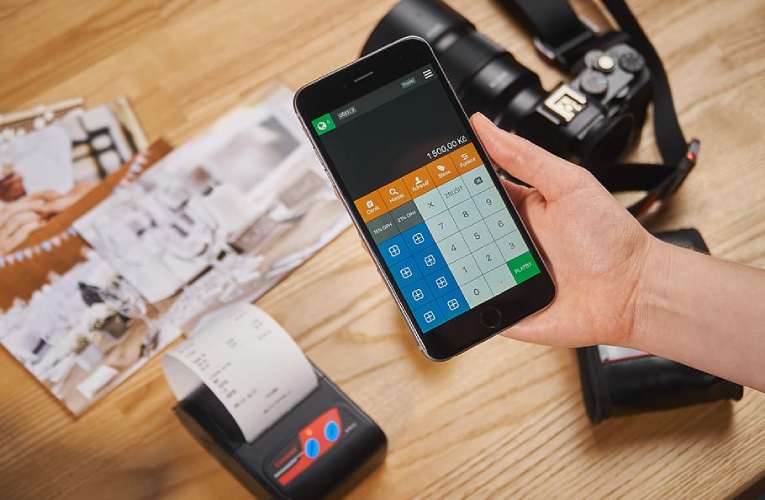
A smart concierge prototype is going to be crafted that would further help construct a complete contactless economy by the end of 2025 worth around $11 trillion
The Tokyo based decentralized identity platform startup CollaboGate has now formed a partnership with Yokohoma city based Tessera Technology to commence verification and development of a ‘decentralized IoT podium” coupled with Renesas microcontrollers (MCUs). Basically, the alliance intends to utilize top-notch security functionality of the MCUs to help authenticate contactless transactions done via IoT devices.
According to CollaboGate, this is going to the globe’s first of its kind decentralized IoT dais to connect IoT devices and people. The official statement of the partnership stated that Renesas along with the partners would bring out a proof of concept to craft a decentralized IoT podium. A smart concierge prototype is going to be crafted that would further help construct a complete contactless economy by the end of 2025 worth around $11 trillion.
In a media interaction, Masayoshi Mitsui, CEO, CollaboGate said, “The number and type of businesses that need to interact with users contactless have exploded beyond the specific industries. We believe that the verifiable data exchange platform between “people” and “machines” in a decentralised manner, will support the transformation to contactless systems in a wide range of fields, including new work styles, mobility, logistics, and smart cities, and will contribute to progress our digital society. We are pleased to share our vision with TSSR and Renesas and to be the first mover in the world to take on this challenge.”
The company also highlighted that the purpose of having a decentralized IoT platform will help provide transition from the face-to-face to the non-face-to-face system enabling devices to identify, authenticate, and authorise users, automatically verify the data applied for, consider user privacy, and ensure security.

